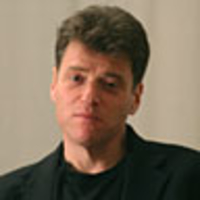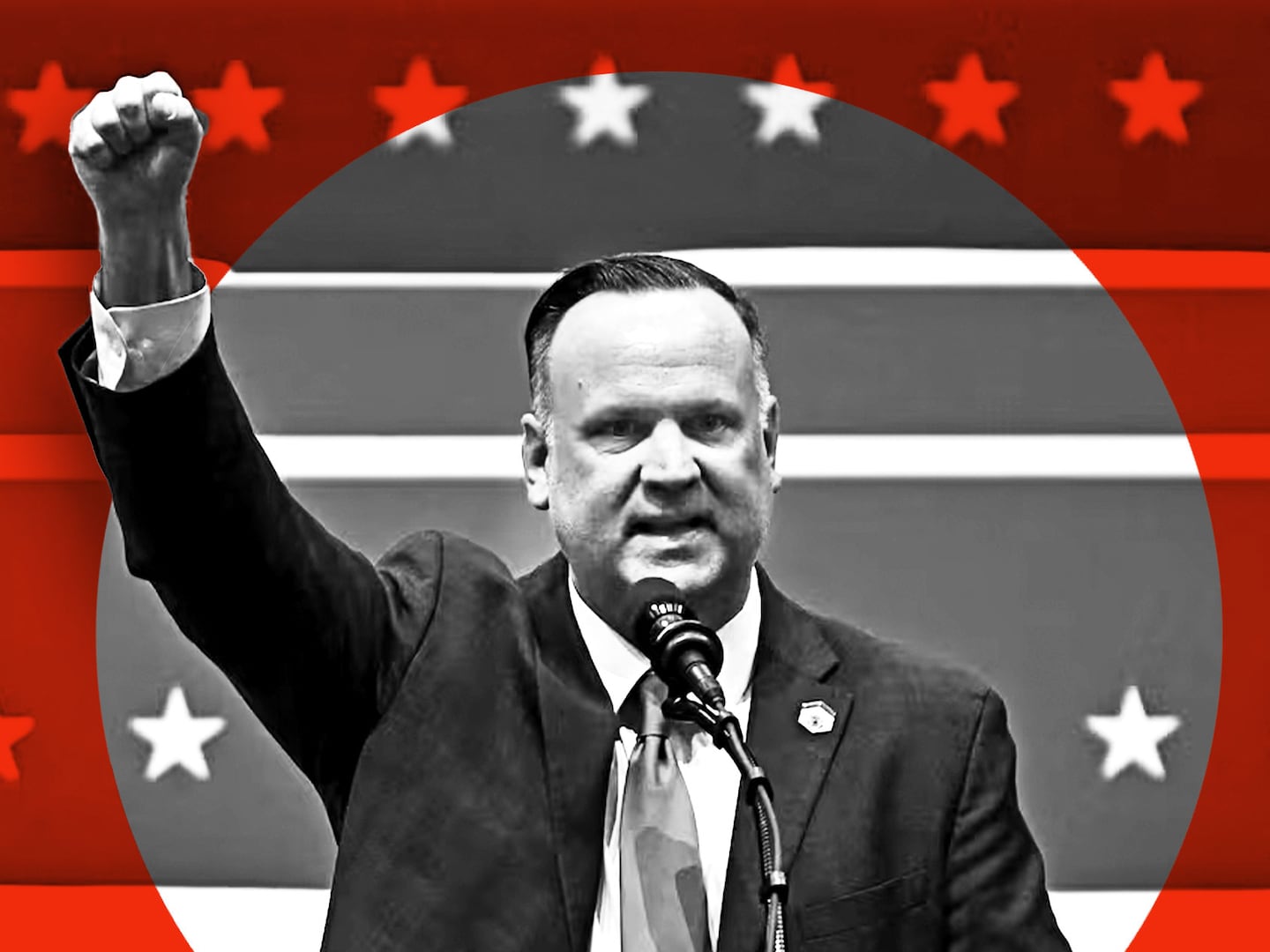
It’s a lonely time to be a lobbyist in America. On January 20, when more than a million Americans will pour into the streets of Washington, D.C., to celebrate Barack Obama’s inauguration, the only people not invited to the national knees-up will be the unfashionable crowd from K Street. Last month, Obama’s Presidential Inauguration Committee (PIC) announced it will not accept contributions of more than $50,000 from any single individual, nor will it allow any donations at all to the celebrations from corporations, lobbyists, or political action committees (PACs). Apparently, the eight official balls, the concerts from artists like Bruce Springsteen, and the rest of the inaugural hoopla will all be financed by Obama’s famous army of small donors.
Why the purge against special interest groups? According to Obama’s Inauguration Committee, "We are committed to ensuring that these activities are organized in a way that reflects the American people's common values, shared aspirations and commitment to addressing our challenges as one, united nation." John Podesta, the co-chairman of Obama’s transition team, said last month that excluding lobbyists from funding the transition “is something the American public expects.”
Some American dreamers might consider the country’s national purpose to be exceptional, but its reality—like every other country in the world—is of chaotic competition rather than regimented unity.
Common values, shared aspirations, one united country, a commitment that the American public expects...It all sounds terribly uplifting, worthy of a movie with a communitarian title like Mr. Obama Comes to Washington. The only problem is the anti-lobbying talk is not true, in theory or in practice. The inconvenient truth is that lobbies are purely a mirror of our own interests. So when Americans say they hate lobbyists, what they are really saying is they hate themselves.
As Hillary Clinton told PBS’s Gwen Ifill in May, when she spoke in defense of special interest groups: “A lot of those lobbyists, whether you like it or not, represent real Americans. They actually do. They represent nurses. They represent, you know, social workers. Yes, they represent corporations that employ a lot of people.”
Exactly. And more often than not, those self-interested nurses, those self-interested social workers, and all those self-interested corporations are at odds over scarce economic and political resources. Some American dreamers might consider the country’s national purpose to be exceptional, but its reality—like every other country in the world—is of chaotic competition rather than regimented unity. Lobbies, therefore, are merely the intermediaries that reflect the interests of the diverse economic groups in society. The five top spending lobbying clients over the last ten years—the US Chamber of Commerce, the American Medical Association, General Electric, the American Hospital Association, and the AARP—collectively represent a much more accurate, albeit complex, snapshot of American interests than the self-congratulatory fiction of 100,000 “yes we can” small donors all supposedly united by the same common values and purpose.
An Obama skeptic—a rare bird in American politics right now—might point out the inconsistency in his highly virtuous assault on K Street. After all, Obama’s inauguration committee—the PIC that is picking on the PACs—is made up of Chicago notables like JPMorgan Chase Vice Chairman William Daley, McDonald's board member John Rogers, and Penny Pritzker, the founder of Classic Residence by Hyatt. How can we be sure that the Illinois triumvirate of Rogers, Pritzker, and Daley, all with their own obvious civic and dynastic interests, are cooking up a series of inaugural balls purely for a selfless love of country?
To have lobbyists and the PACs financing the inaugural celebrations would surely be a more honest introduction, a quid pro quo, to the complex problems of America in the early 21st century than the delusional promise of national unity. Take, for example, the financing and sponsorship of the Bruce Springsteen concert at the inauguration. Let’s say Ford, Chrysler, and General Motors all paid for the event. I hope they would have the chutzpah—what Obama would call the “audacity”—to get Springsteen to dedicate “Thunder Road” (“It’s a town for losers and we’re pulling out of here to win”) to Detroit’s downsized auto workers or executives. In a political town like Washington, D.C., where there’s no such thing as a free lunch, an investment in an inaugural concert would be no more than a transparent political commercial—the corporate first cousin of the blizzard of anti-lobbyist advertising to which Obama and John McCain subjected American voters in the fall.
Small has become the new big in the United States, where the cult of the honest small donor has become the latest comfortable illusion of the ruling class. This wild swing against lobbyists is not only bad news for corporations seeking to influence public policy, but also it doesn’t augur well for the future of representative democracy. As the father of American horse-trading democracy, James Madison, argued in Federalist Paper #50, the truth is that we all form into factions of one kind or another, and thus the small donor is just as self-interested as the large corporation. “If men were angels,” Madison reminds us, “no government would be necessary.” Until then, Americans should unashamedly cherish the value of a political system specifically designed to balance the competing interests of many rival corporations, lobbyists, and PACs. So, on January 20, I urge my fellow citizen to spare a thought for the lonely K Street crowd. Such selflessness will only add to our common values, our shared aspirations, and our commitment to addressing our challenges as one, united nation.
Andrew Keen is the author of the controversial international hit Cult of the Amateur, which has been translated into 15 foreign languages. Known as the Anti-Christ of Silicon Valley, he is the most hated person on the Internet.






